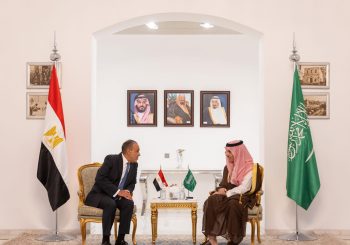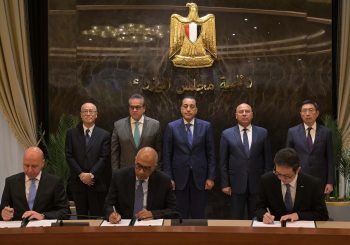The arts and culture scene in Egypt has been Oxygenating the freedom of expression discourse despite battling against repression and government censorship.
In recent years, creative works of art starting from music productions, television series or films have faced many legal consequences suffocating the creative process.
The independent Egyptian rock band Cairokee was set to launch their latest album No’taa Beda or ‘A Drop of White’. However, on 2 July, Cairokee announced that the General Authority for Censorship of works of art rejected a number of songs and prevented the distribution of the album in the market.
18 Days is an Egyptian film focusing on the 18 days of the 2011 Egyptian revolution. It premiered at the 2011 Cannes Film Festival and has been banned to be aired in Egypt since then. The film combined glossary of directors, sound engineers and editors among others to produce a film with many Egyptian artists on voluntary basis.
On 4 July, the film has been leaked on the internet allowing people to view it after many years of unjustified ban.
While Ramadan television series represent a great opportunity for artists to show off their best talents, clever scripts, thrilling events and smart directing, lawsuits remain an annual obstacle that impose censorship restrictions on Ramadan biggest hits.
This year, Ramadan series La Totfe’ El Shams, or Don’t let the Sun Set, faced a lawsuit on claims of offending the president. The lawsuit came after airing episode number 14 was aired showing a graffiti on a wall that says ‘Sisi the traitor’.
The Association from Freedom of Thought and Expression (AFTE) and The World Forum on Music and Censorship (FREEMUSE) have conducted a study called ‘Censors of Creativity‘ that explores case studies of artistic censorship tracing legal cases from courts, local news and international conventions.
“Article 1 of the law [38/1992] states that the objective of the censorship of cinema, theater, musical works, and the performing arts is to protect the public order, public morals, and the higher interests of the state,” stated in the study.
However, “the effects of art censorship or unjustified restrictions of the right to freedom of artistic expression and creativity are devastating,” according to researchers in the study.
Historically, contemporary art has been a powerful and impactful way to address pressing political and social issues. Egyptian artists continue to work around the oppression and censorship in Egypt.






Comment (1)
[…] Egyptian Artists Continue to Produce Thrilling Art Despite Increased Censorship […]